On Wednesday, May 11, 2022, the Delhi Hgh Court delivered a split verdict on the petition to criminalize marital rape, allowing petitioners (NGOs RIT Foundation, All India Democratic Women’s Association) to move the matter to Supreme Court if they so desire.
Justice Rajiv Shakdher favoured the criminalization of marital rape, stating that the ‘right to withdraw consent’ is at the core of a woman’s right to life and liberty.
Forced Sex By Husband On Wife Should Be Labelled Rape; Right To Withdraw Consent Part Of Woman’s Right To Life & Liberty : Justice Rajiv Shakdher On Marital Rape
— Live Law (@LiveLawIndia) May 12, 2022
Read more: https://t.co/J2KlbGaGtE#DelhiHighCourt #MaritalRape pic.twitter.com/ZOskhT9W21
But Justice C Hari Shankar voted against it, stating, among other reasons, his opinion that forced sexual relations between a man and woman could not be considered the same as forced sexual relations between a woman and a stranger. To compare the two, in his opinion, is “unrealistic”.
Assumption That Wife Forced To Have Sex With Husband Feels Same Degree Of Outrage As Woman Raped By Stranger Is Unrealistic : Justice Hari Shankar
— Live Law (@LiveLawIndia) May 12, 2022
Read more: https://t.co/wKmqNW12EA#DelhiHighCourt #MaritalRape pic.twitter.com/Zi5fBhXpt2
The original petition challenged the exception to Section 375 IPC (rape). According to the exception, “sexual intercourse or sexual acts by a man with his wife, the wife not being minor, is not rape.”
In layman’s terms, the exception legalizes marital rape, making India one of 32 countries (including Pakistan, Afghanistan, Bangladesh, Egypt, etc.) where marital rape is not a crime.
Naturally, the split verdict drew Twitterati’s ire, with many condemning Justice Shankar’s views, terming them regressive and misogynistic.
sex must be consensual. under any circumstance that it isn’t consensual, would be classified as rape, irrespective of the relationship the two parties share. how difficult it is to comprehend this? https://t.co/1bQHT8ZJLh
— thri (@justthri) May 12, 2022
someone with views like him holding a powerful position in the judiciary is fucking depressing god only knows how man men think like this, such a sad world we live in where they can just say shit like this and will face no repercussions https://t.co/MWv7pT6X5X
— akaash (@mel0phiIe) May 12, 2022
Disgusted to the core 🤢 https://t.co/SnagICzEIM
— niri (@pauly089) May 12, 2022
why is it always men who are made in charge of decision making for how lives of women are impacted? https://t.co/gHj0RcWZ84
— prags. (@OyyeHoyyeBasket) May 12, 2022
“legitimate expectation of sex” WTF IS THIS DYSTOPIAN SHIT https://t.co/3LK2PsnluN
— gold rush ✨ (@ughmylife317) May 12, 2022
However, there exists a section of society that agrees with Justice Shankar’s views. For those of you, who still think there is some credibility to what Justice Shankar said, here’s a look at his complete judgment, and everything that he got wrong when it comes to marriage, sexual relationships, and the never-ending fight for consent:
1. Justice Shankar: The expectation of sexual relations is impossible to prevent in a marriage, and differentiates marriage from other relationships.
Legitimate expectation of sex an inexorable incident of relationship between husband and wife, which distinguishes it from other relationships : Justice C Hari Shankar of the Delhi High Court while upholding the marital rape exception in the Indian Penal Code. #MaritalRape pic.twitter.com/z1JpHqlbgl
— Live Law (@LiveLawIndia) May 11, 2022
What he gets wrong:
To consider sexual relations ‘inexorable’ in marriage, i.e. impossible to prevent effectively means human beings have no sense of control. But well-functioning humans are not ruled by carnal desires – that’s what differentiates us from animals.
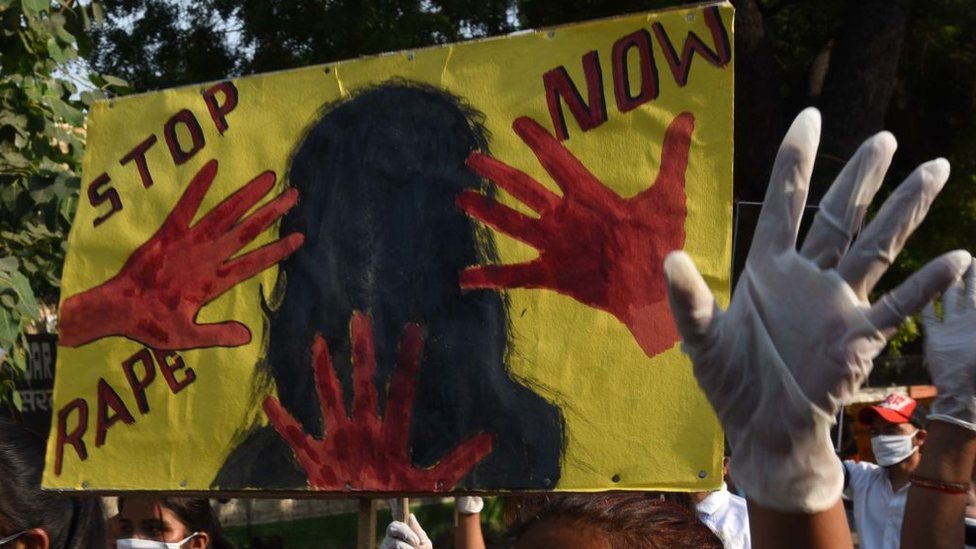
Moreover, to make any singular aspect of any relationship its differentiating feature puts immense pressure on the act. Furthermore, it alienates an entire community (Asexual people), while also making sex more important than factors like love, companionship, respect, or mutual understanding.
2. Justice Shankar: Women have no fundamental rights to convict husbands of rape.
There is no inherent fundamental right, in the wife, to have her husband convicted for rape, relatable to Article 21, Article 19, or to any other Article in the Constitution : Justice C Hari Shankar.#MaritalRape
— Live Law (@LiveLawIndia) May 11, 2022
What he gets wrong:
He is actually right. Women in India have NO fundamental rights to get their husbands convicted of rape but they should. In a civilized society, women, in any relationship, should have the right to safety and dignity, and should be able to call out their oppressors – irrespective of their relationship (or lack, thereof) with the oppresor.

Justice Shankar seems to have forgotten that the original constitution has been amended multiple times, over the years, to help build a more equal society.
3. Justice Shankar: To compare forced sex with husband to forced sex with strangers is “unrealistic”, the impact of the two acts on women is different, and women can’t feel the same outrage over both.
If the wife refuses & the husband, nonetheless, has sex with her, howsoever one may disapprove, it can’t be equated with the act of ravishing by a stranger. Nor can the impact on the wife, be equated with the impact of a woman who is raped by a stranger : Justice Hari Shankar.
— Live Law (@LiveLawIndia) May 11, 2022
What he gets wrong:
As a woman, let me start by saying that even another woman can’t accurately comment on how I will react to sexual assault – the experience is universally traumatizing, yes, but also, unique to each individual that unfortunately suffers through it. To then, have men comment and compare sexual assault experiences of women, is frustrating, to say the least. We don’t want men governing our bodies and defining our experiences.

Moreover, there is no such thing as non-consensual sex. Any sexual act, between any two people, without consent, is rape. It’s not that difficult to grasp.
4. Justice Shankar: “Unjustified” denial of sex is not condoned by law, and sex between man and wife is “sacred”.
Sex between a wife & a husband is sacred. In no subsisting, surviving and healthy marriage should sex be a mere physical act, aimed at gratifying the gross senses. The emotional element of the act of sex, when performed between and wife and husband, is undeniable : J Hari Shankar
— Live Law (@LiveLawIndia) May 11, 2022
What he gets wrong:
Sex isn’t the only sacred thing between a man and woman. So is mutual respect. And the most sacred thing, for any human being, is the right to their own body. Moreover, the fact that denying sex needs justification but forcing sex and raping a woman does not need explanation is one of the grossest examples of patriarchy at play.
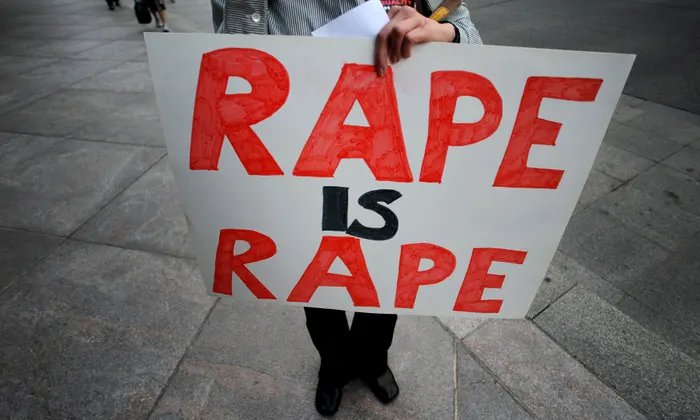
5. Justice Shankar: The possibility of regarding husbands as rapists would be “antithetical” to the institution of marriage.
Introducing, into the marital relationship, the possibility of the husband being regarded as the wife’s rapist, if he has, on one or more occasion, sex with her without her consent would, in my view, be completely antithetical to the very institution of marriage : J Hari Shankar
— Live Law (@LiveLawIndia) May 11, 2022
What he gets wrong:
It’s truly an unequal world where the mere idea of a husband being convicted of his crime is a threat to the institution of marriage, but a wife being raped and assaulted is not. In a democratic society, any place where a crime occurs, even a marital bedroom, can not be “inviolable”. Domestic violence in the form of physical assault is a crime, even if it takes place inside a marital bedroom. Then why not criminalize domestic violence in the form of sexual assault?
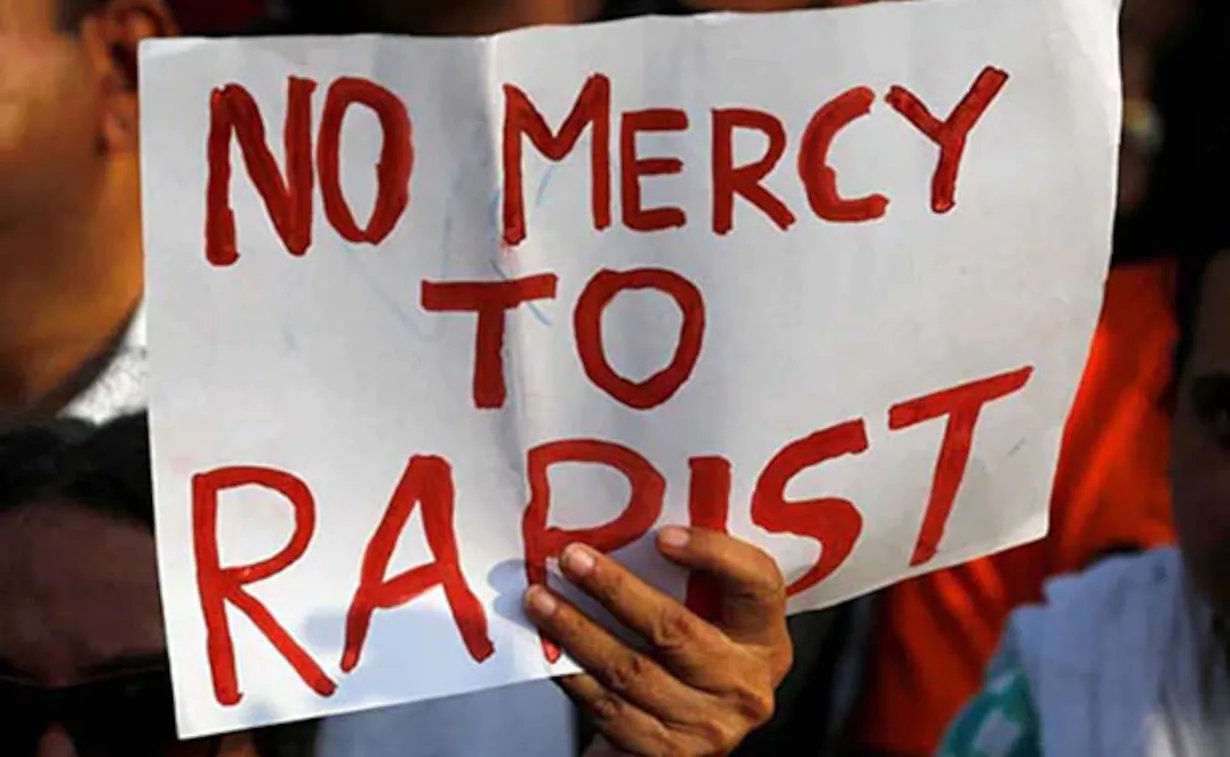
6. Justice Shankar: If marital rape is criminalized, a child born out of the act would be the child of a rapist.
Her father, as a rapist, would be liable to suffer the punishment stipulated in Section 376, were her mother to prosecute. : Justice Hari Shankar.#MaritalRape
— Live Law (@LiveLawIndia) May 11, 2022
What he gets wrong:
Again, he is right. A child conceived through rape is a child of a rapist – but the insinuation that it is the child’s burden to carry is yet another reminder of Justice Shankar’s inherent sexism. Moreover, once again, the life of an imaginary child, is given more importance than the rights of living, breathing women.
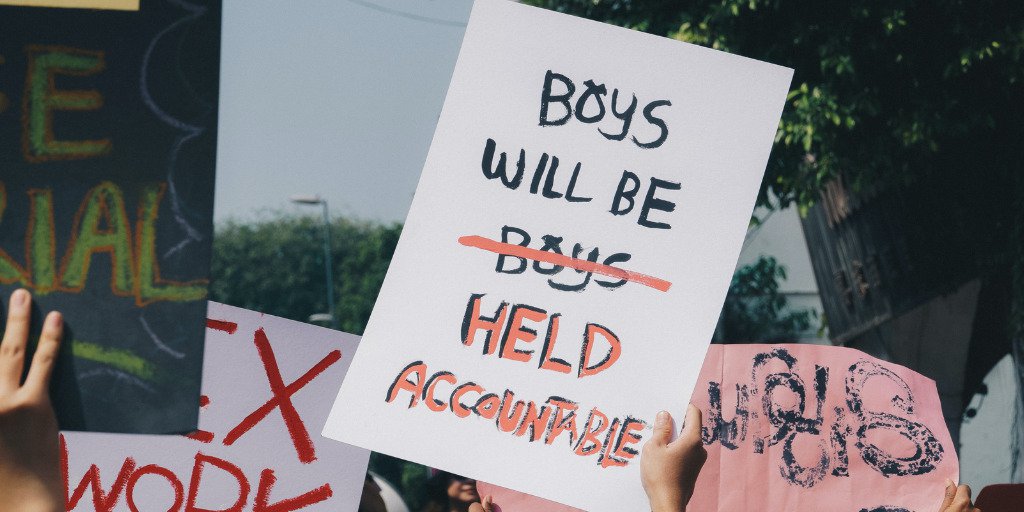
7. Justice Shankar: Preserving marital institutions is imperative to preserve society.
The Marital Rape Exception, far from being unconstitutional, serves a laudatory purpose, and is in pre-eminent public interest, aimed at preservation of the marital institution, on which the entire bedrock of society rests : Justice Hari Shankar.
— Live Law (@LiveLawIndia) May 11, 2022
What he gets wrong:
The very fact that words like rape and exception exist in a phrase or sentence is alarming, in itself. Women are not properties, and it is not the responsibility of married people, alone, to uphold human society. Marriages don’t uphold societies – if that was the case, society would not have crumbled in the first place. It’s marriages without equality and trust that led to the breakdown of the institution.
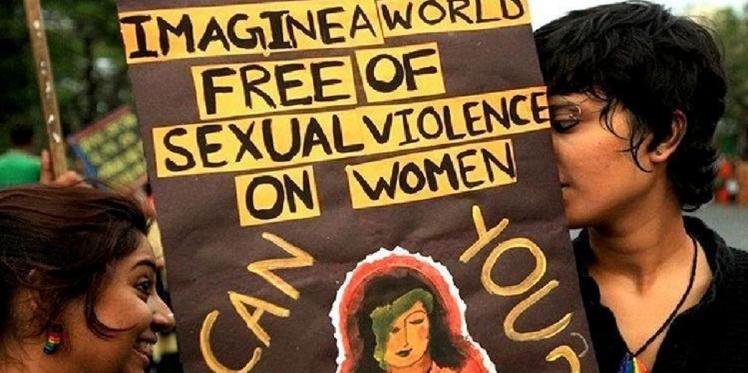
It is tiring, disheartening, and frankly, enraging, to see that misinformed men, who fail to grasp the fact that sex without consent is rape, no matter who perpetuates it, are in a position to pass judgements and decide how women lead their lives. From the USA to India, the one thing that unites this world is the mistreatment of women at the hands of men in power!
Yes, marital rape is not restricted to women alone, but the data is undoubtedly skewed with the number of female victims easily surpassing male victims. Criminalizing marital rape is not putting “marriage” at risk. It’s upholding every individual’s basic right to dignity.

















